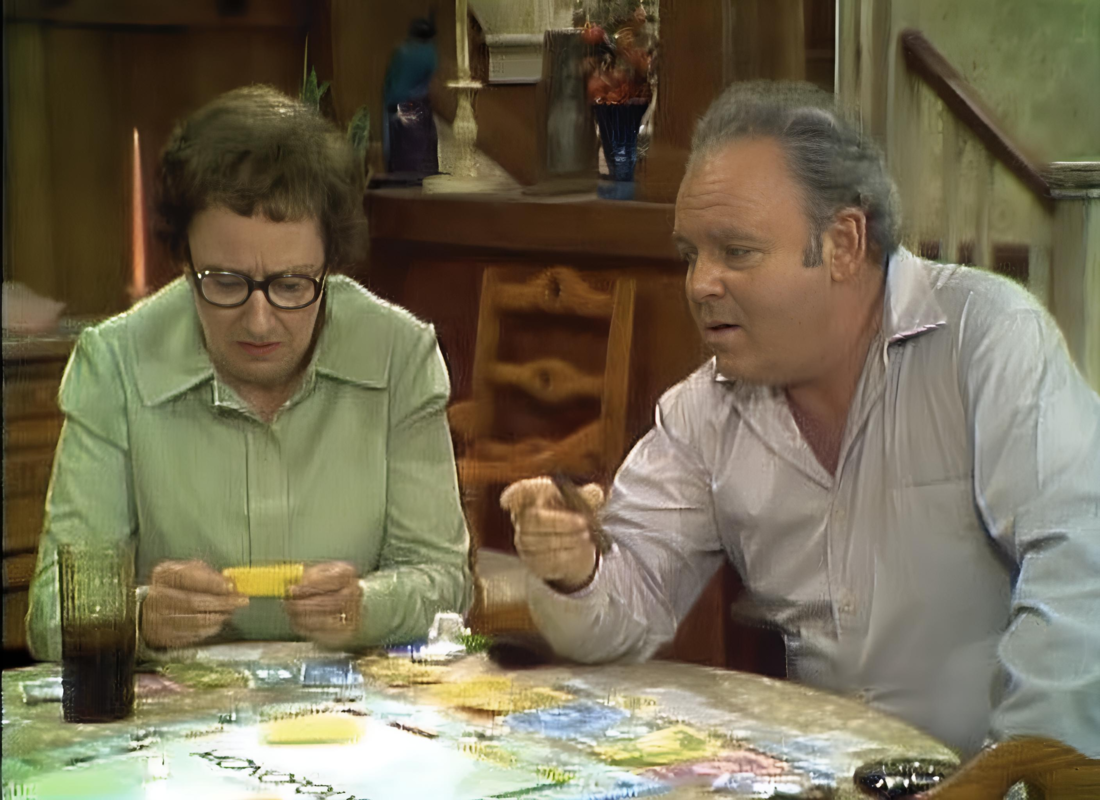
Critics from the National Association for the Advancement of Colored People (NAACP) have voiced concerns about the iconic television show “All in the Family” and its approach to handling racial issues. While the show, created by Norman Lear, was groundbreaking in its attempt to bring important social topics to mainstream television, these critics argue that its comedic format might undermine the seriousness of racism and fail to effectively change the views of conservative audiences.
“All in the Family,” which aired from 1971 to 1979, featured Archie Bunker, a working-class man with deeply ingrained prejudices, played by Carroll O’Connor. The show used Archie’s interactions with his more progressive family members to highlight and critique various forms of bigotry, including racism. Despite its intentions, some NAACP critics believe the show’s humor could dilute the gravity of the issues it sought to address.
“While ‘All in the Family’ was revolutionary in its willingness to confront difficult social issues, the comedic portrayal of racism may lessen the perceived severity of these problems,” stated an NAACP spokesperson. “Our concern is that the show might not prompt conservative viewers to reconsider their biases and, instead, might make these prejudices appear more acceptable through humor.”
The NAACP’s critique highlights the challenges of using satire and comedy to address serious social issues. Humor can be an effective tool for engaging audiences and sparking dialogue, but it also risks trivializing the experiences and struggles of marginalized communities. For viewers who share Archie’s prejudiced views, the comedic framing might not provide the necessary impetus for critical self-reflection and change.
Cultural analyst Mark Thompson expanded on this perspective: “The NAACP’s concerns draw attention to the fine line that ‘All in the Family’ walks. While the show has undoubtedly opened up conversations about race, its comedic approach may not always convey the urgent need for societal change.”
Despite these criticisms, “All in the Family” remains a landmark in television history, celebrated for its role in bringing social issues to the forefront of public consciousness. The show’s legacy includes its contribution to important discussions about race, gender, and equality, even as debates continue about the most effective ways to challenge and dismantle societal prejudices.
The reflections from NAACP critics serve as a crucial reminder of the complexities involved in using media as a tool for social justice. As television and other forms of entertainment continue to evolve, their insights underscore the need for careful and deliberate approaches to representing and critiquing issues of race and discrimination.
